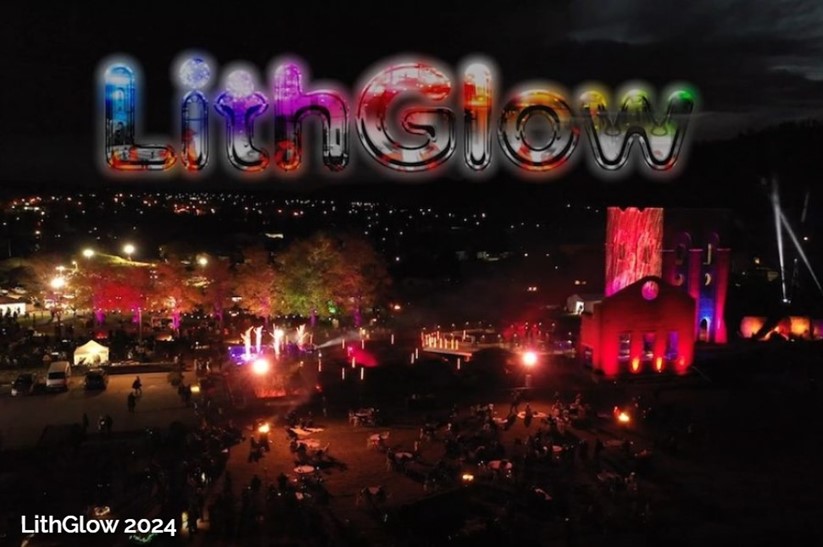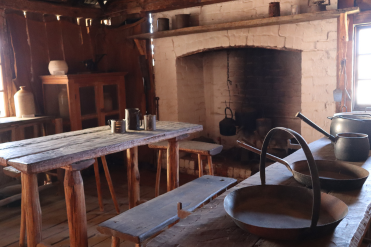A court has ruled that the rare and life-threatening medical conditions developed by an excavator operator who carried out work at the 2014 Hazelwood Open Cut Mine fire does constitute a workplace injury, therefore he should be compensated.
Following a trial held earlier this year at the Morwell Court, Magistrate Simon Garnett has ruled there was a “causal link” between what Maurice Blackburn client David Briggs was exposed to while fighting the mine fire over a 12-week period, and his subsequent health conditions.
“I have concluded, on the balance of probabilities, that Mr Briggs exposure to smoke, dust, fumes and substances in the course of his employment as an excavator operator between 3 March 2014 and 27 May 2014, materially contributed to the injury suffered by him,” Mr Garnett ruled.
“Accordingly, Mr Briggs is entitled to weekly payments of compensation and reasonable medical and the like expenses… [and] I have also determined that he suffers an injury which entitles him to compensation for permanent impairment.”
Mr Briggs work during the mine fire, which burned for 45 days, involved excavating burning coal, known as “hot spots”, so the fire could be more easily managed.
The 59-year-old, from Moondarra, was not provided any respiratory protection while carrying out his duties, and his skin and clothing was covered in coal dust and other particles and pollutants at the end of each shift.
He has been diagnosed with a rare interstitial lung disease and autoimmune condition and is now required to carry an oxygen cylinder around to help him breathe.
He is no longer a candidate for a lung transplant due to the deterioration in his health.
Less than six months after finishing his employment at Hazelwood, Mr Briggs developed “flu-like” symptoms including a dry cough, sore throat and shortness of breath. He lodged a WorkCover claim against his employer, RTL Mining & Earthworks, seeking weekly payments and medical treatment expenses because of an injury to his lungs he believed was related to the fires. But the claim was rejected by his employer’s WorkCover insurer, Allianz.
His employer and Allianz denied liability for his injury, forcing him to take the matter to court.
Mr Briggs described his legal win as “a relief”. He said he had found it incredibly difficult to survive financially and pay for medical treatment over the past five years, given he had been without an income. He said he hoped he would soon be able to get on with his life as best he could in the circumstances.
“I knew right from the start when I fell ill that it was directly related to the work I carried out at the mine fire,” he said.
“We were just thrown in there to put out the fire whatever the consequences, so it’s a relief knowing that the court agreed.”
Luke Perilli, from Maurice Blackburn Lawyers, said the case was a real David and Goliath battle.
“It’s hard to think of a bigger fight that our client could have gone through than this,” he said.
“He was up against the might of a large company who had the backing of a big insurer with very deep pockets, so plenty of other people would have been worn down by the WorkCover process and backed out before the matter reached court. But to his credit, David has seen this through to the end, so we are looking forward to ensuring that he receives his full entitlements now that he has confirmation that his injury is work related.”
The trial heard that Mr Briggs had never suffered from a serious illness prior to when his symptoms emerged in November 2014, nor had he ever smoked. Immediately prior to commencing work with RTL Mining & Earthworks, he also underwent a pre-employment medical, which included a lung function test. He was told by the nurse that his results were “excellent”.
While there were differing opinions among medical witnesses at trial as to the proper diagnosis of his conditions, the magistrate conceded: “whatever the correct diagnosis, the condition from which Mr Briggs suffers, is a rare one”.
One witness testified that several people who survived the September 11 Twin Towers collapse in New York had developed similar conditions after being exposed to dust and other particulate matters.
The Defendant has until the end of this month to appeal Mr Garnett’s decision.








